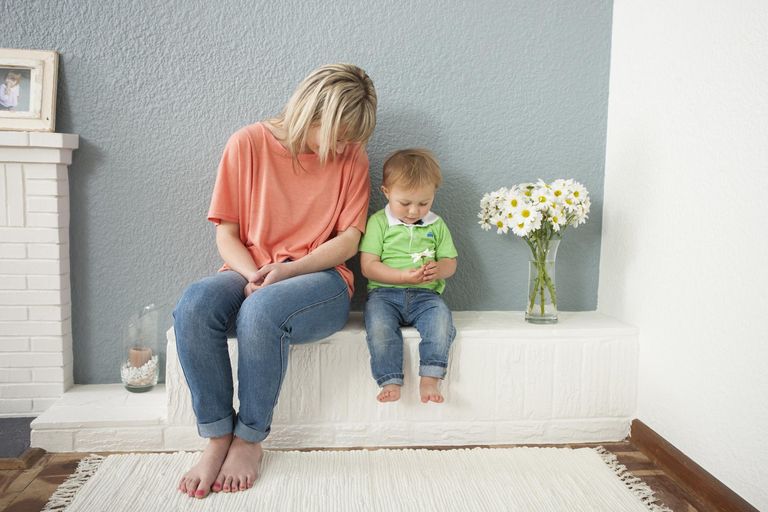July 17-19, 2024, NECC (Shanghai), China
Your Kid is Fired: What Parents Should Know
2016-08-16

You describe your son as "high spirited." Others say he is out-of-control and a huge distraction in the classroom. Or maybe you think your daughter is sensitive and a little shy; teachers say she shrieks in the corner all day and won't interact with kids or adults. When a request for a conference comes, you learn the shocking news. Your child is being kicked out of child care at the center. Can child care providers do this?
In a word: absolutely, and more are beginning to take these drastic steps to ensure the best quality environment for the majority of kids overall.
What are some typical reasons cited for day care termination? Here is a lis of some of the more common factors.
Your child's behavior is a consistent distraction to others, and other parents are complaining. All parents have the right to have their child in a positive environment that allows kids the ability to grow socially and academically, and be free from stress or bodily harm. A child who is literally out-of-control and is constantly exhibiting destructive behavior, hitting or in any way assaulting other children, or refusing to obey rules, is the prime reason for termination. Day care and in-home care settings do not have mandates for being required to care for a child who is a threat to him/herself and others. Child care providers must consider everyone's needs, and the happiness and overall family satisfaction in the care experience. And, sometimes, letting a discipline-problem child go is the right solution.
Your child is not performing at the level required at a pre-school prep program. All parents think their child is gifted. However, kids learn at individual and unique levels, and a rigorous pre-school prep program is not right for every youngster. Parents should carefully consider their child's social and academic awareness before placing them in a prep environment. Some day cares and child care providers focus mainly on fun, social growth and basic skills. Others, however, cater to parents who are trying to ready their child to apply for a private school or be at the top of the class from day one. This means educators must adhere to a certain standard of academic expectations, and if your child simply won't complete the work, sit at a desk, work on assignments, or other tasks, and is constantly whining and distracting others, then another placement should be considered.
Parents can be the source of the problem when it comes to ending a child care arrangement. The child may be absolutely adorable, but good looks and social charm do not pay the bills. Reasons commonly cited by providers for ending care include not paying on time, paying with insufficient funds, dropping kids too early or not picking them up until after designated times, and constant friction/disagreement over care. One provider laments that a family did not pick up a child until 10 p.m. on a Friday night, only to apologize that they didn't have care arrangements for an important business dinner, and "knew" the in-home provider would understand. She didn't. Another provider ended child care with a family because the parents would not allow her to transport the young daughter anywhere at any time, except in an emergency. This provider loads up kids (safely) in a van and takes them to a neighborhood park several times each week for outdoor play, weather permitting. The decision was made to end the arrangement.
Disagreements over philosophies can result in ended child care arrangements. There is no "one" right way to raise children. Parents have lots of choices in care; providers typically list their requirements, philosophies, expectations, costs and times, certifications, and meal arrangements up front so that parents can make informed decisions. But sometimes, the match that seemed right at the time is all wrong and the arrangement needs to end. Parents who has very specific meal requirements for their child that do not work with the other kids, for example, is enough reason to end care. Food allergies are one thing, and are always considered by any reputable provider, but when a parent insists on the provider feeling a child broiled salmon once a week, however, or never to feed a child food that is frozen, that that may be beyond a reasonable expectation. In the event of the family seeking only fresh food and weekly salmon, it was kindly recommended that the family seek an in-home nanny who could provide custom gourmet meals.
Families who take advantage of "drop and go" are often told "leave and go." It is very stressful for working parents to have a child who is sick. But child care providers typically do not have arrangements for sick children. (Some do, however, which parents should consider if this is an issue.) Some desperate families will try and mask a child's sickness and then leave quickly. This can afflict the otherwise healthy children with the sickness, and is unfair to all the other families.
Resource: verywell




 沪公网安备 31010102004693号
沪公网安备 31010102004693号